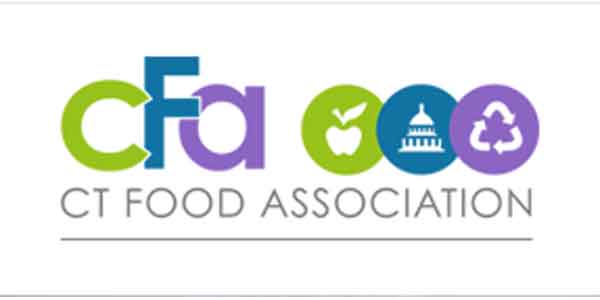
Now that Congress has passed a historic $1.9 trillion coronavirus relief package, Connecticut is expected to receive hundreds of millions of dollars more than anticipated from the federal government. The federal bill is expected to provide $2.6 billion in direct relief to the state to cover revenue lost because of the pandemic. Governor Lamont’s budget request relies on almost $1.75 billion in federal funding to cover lost revenue, leaving about $850 million in additional assistance coming from the federal government. Also, Connecticut has about $3 billion in its rainy day fund.
The proposed $90 million vehicle mileage tax or truck tax in this budget, combined with the recently signed Transportation and Climate Initiative that will raise the price of gasoline by 17 cents per gallon, drives up the cost of living in an already high-cost-of-living state. They also drive up the cost of food and impact shoppers and local business unequally.
We estimate that the truck tax will cost an average Connecticut family of four almost $500 more annually for food. Citizens who are most severely impacted by the tax are families without a safety net, seniors on fixed incomes, and displaced workers. The state’s most vulnerable residents are the least immune to rising food costs.
Weight-distance taxes are largely self-assessed by taxpayers rather than collected from a smaller number of entities that can pass the tax along to their customers. That alone leaves those taxes more open to evasion, and nearly every state that has tried them has concluded that they have been widely evaded. Whatever the conceptual equity of this plan may be, a widely evaded tax is not a fair tax.
Administrative collection enforcement tools for weight distance taxes are one of the main causes of their complexity, expense, and unfairness. Only a thorough program of audits can ensure broad compliance, and those are costly to track for a complex tax scheme such as this. The government’s expense for those enforcement mechanisms drives up the tax rate, which also raises the incentive to evade it.
To paraphrase the budget press release on Connecticut’s official state website: the path forward should be anchored in honesty, data and stakeholder value. However this particular tax is unequitable, unenforceable, and inefficient. The stakeholders who we ask the committee to protect are consumers, food suppliers, food distributors, local trucking companies and our state’s most at risk citizens.
